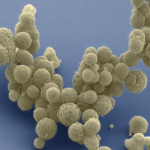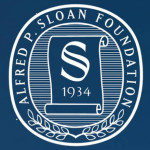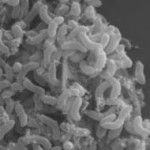Scientists at the J. Craig Venter Institute have created a stripped-down life form, with a minimal number of genes needed to keep it going. They hope to use it as a platform to create designer life forms, and say it’s already taught some important, and humbling, lessons about the essence of life. Berkeley Lab’s Adam Arkin, Interim Biosciences Deputy for Science, and Samuel Deutsch, DOE Joint Genome Institute, comment on the research in this NBC News story.
Biosciences Area FY16 LDRD Projects
The projects of eleven Biosciences Area scientists and engineers received funding through the FY2016 Laboratory Directed Research and Development (LDRD) program. These projects cover a broad range of topics, including energy science technology applications, novel computing technologies, and mechanistic understanding of multi-scale interactions among molecules, microbes, plants, metazoans, the abiotic environment, and their feedbacks. Together, these efforts account for nearly 14% of the $25.3 million allocated. Lab-wide, 84 proposals were selected from a field of 179.
Brenner Named ISCB Fellow 2016
Steven E. Brenner, faculty biologist in the Environmental Genomics & Systems Biology Division and Professor, Department of Plant and Microbial Biology at the University of California, Berkeley, has been conferred with Fellow status in the International Society for Computational Biology (ISCB). Fellows are ISCB members who have distinguished themselves throug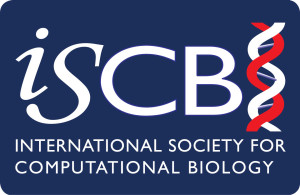 h exceptional contributions to the fields of computational biology and bioinformatics. Brenner was recognized for his significant research contributions to protein analysis and genetics, and notable organizational service to the field, especially through Critical Assessment of Genome Interpretation (CAGI) and DREAM competitions. Brenner is one of thirteen Fellows selected for this year’s class, which will be introduced at Intelligent Systems for Molecular Biology 2016 in Orlando, Florida, in July.
h exceptional contributions to the fields of computational biology and bioinformatics. Brenner was recognized for his significant research contributions to protein analysis and genetics, and notable organizational service to the field, especially through Critical Assessment of Genome Interpretation (CAGI) and DREAM competitions. Brenner is one of thirteen Fellows selected for this year’s class, which will be introduced at Intelligent Systems for Molecular Biology 2016 in Orlando, Florida, in July.
Biosciences Researchers Receive Sloan Fellowships
Ke Xu (left) and Wenjun Zhang (right) of the Biosciences Area have been named Alfred P. Sloan Foundation fellows. Xu is a faculty chemist in the Molecular Biophysics & Integrated Bioimaging Division and Zhan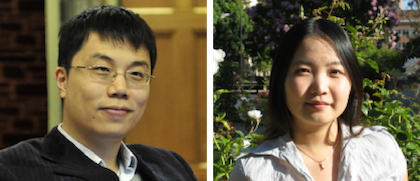 g is a faculty biologist in the Environmental Genomics & Systems Biology Division. These scientists are two of the eight UC Berkeley assistant professors to be honored by the Foundation, along with 118 other new fellows announced today. Fellowships are awarded in eight scientific and technical fields: chemistry, computer science, economics, mathematics, computational and evolutionary molecular biology, neuroscience, ocean sciences and physics. Read more at Berkeley News.
g is a faculty biologist in the Environmental Genomics & Systems Biology Division. These scientists are two of the eight UC Berkeley assistant professors to be honored by the Foundation, along with 118 other new fellows announced today. Fellowships are awarded in eight scientific and technical fields: chemistry, computer science, economics, mathematics, computational and evolutionary molecular biology, neuroscience, ocean sciences and physics. Read more at Berkeley News.
Raising the Bar for Bacterial Interactions Networks
Scientists working as part of a multi-investigator ENIGMA (Ecosystems & Networks Integrated with Genes and Molecular Assemblies Scientific Focus Area) project have determined that protein-protein interactions occur more frequently among proteins with similar functions. The team of researchers, led by Gareth Butland in the Environmental Genomics & Systems Biology Division, used high throughput functional genomics to study the protein-protein interactome of the model sulfate reducing bacterium Desulfovibrio vulgaris Hildenborough. Their findings critically re-evaluate published bacterial interaction networks and establish benchmarks for high confidence protein interactomes. The manuscript can be found online at Molecular and Cellular Proteomics.
Was this page useful?


